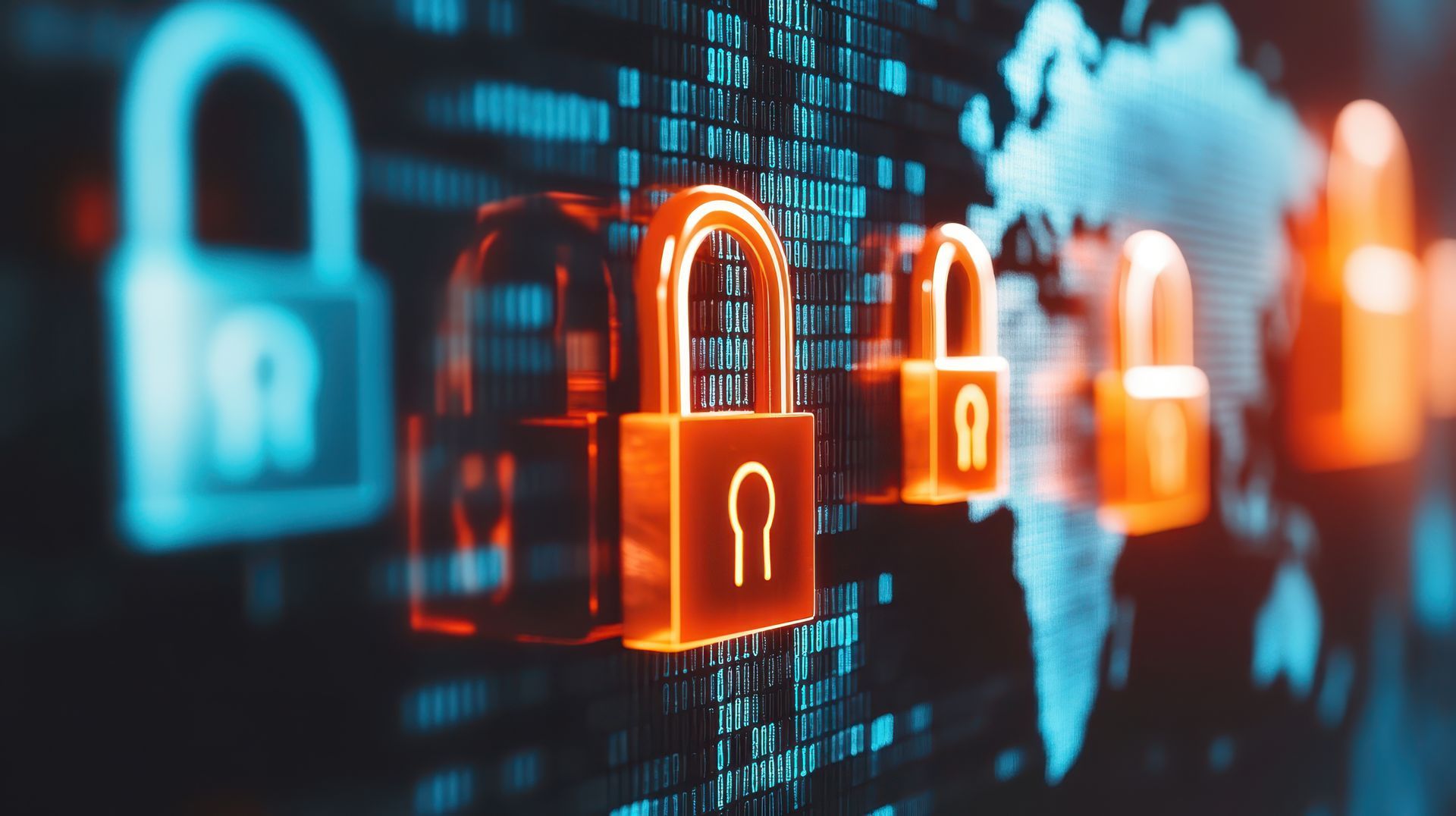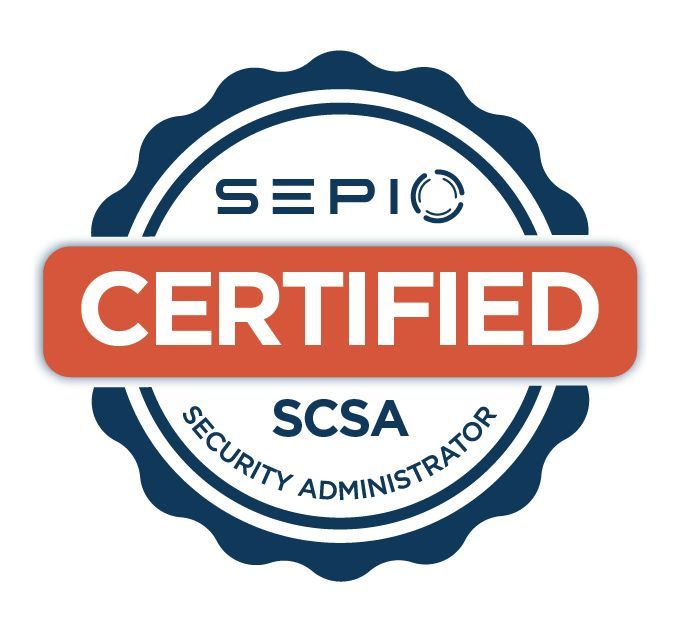Protecting Data Starts with Controlling Devices
GDPR Cybersecurity Framework
The General Data Protection Regulation (GDPR) places strict obligations on organisations to protect personal data—mandating both technical and organisational measures to ensure data confidentiality, integrity, and availability.
What many organisations overlook is that data protection starts long before encryption or access control—it begins at the physical device level.
At
Zerium, we help organisations address an often-neglected GDPR risk:
unauthorised or unmanaged hardware accessing personal data. As a
UK-based cybersecurity consultancy and
authorised seller of the Sepio platform, we give you visibility and control over the devices touching your data—so you can secure it, prove compliance, and reduce the risk of breach.
Request a Consultation
Contact Us
We will get back to you as soon as possible.
Please try again later.
The GDPR & Cybersecurity Responsibilities
BUnder Articles 5, 25, and 32 of the GDPR,
organisations must:
Process data securely, protecting against unauthorised access
Implement privacy by design and by default
Ensure continuous confidentiality, integrity
Show accountability for security measures
How Zerium Helps You Align with GDPR Requirements
Zerium supports GDPR-aligned cybersecurity strategies through a combination of expert consulting and Sepio’s hardware asset risk management platform.
Identify All Devices Accessing Personal Data
Sepio provides real-time visibility into every connected device—from managed workstations and mobile devices to unauthorised USBs or rogue peripherals. Each device is profiled by its physical identity, not just software indicators.
This ensures you know:
- What’s connected to your network
- Whether it’s authorised, unmanaged, or tampered
- If it has access to systems storing or processing personal data
Prevent Unauthorised Data Access
By enforcing hardware-level zero-trust policies, you can restrict access to systems containing personal data to only pre-approved, verified devices.
This reduces risk from:
- Insider misuse or accidental exposure
- BYOD or contractor equipment without proper vetting
- Devices designed to exfiltrate or collect data covertly
Automate Detection and Policy Enforcement
Sepio’s real-time detection allows you to:
- Block rogue or unknown devices immediately
- Automate alerts to compliance or IT teams
- Integrate device trust enforcement into NAC, SIEM, or SOAR workflows
Support for Article 32: “Security of Processing”
Zerium helps you meet GDPR Article 32 by providing:
- Technical measures that ensure
only authorised devices process data
- Audit-ready reporting on device access and policy enforcement
- Ongoing monitoring and risk scoring of connected hardware


Use Cases for GDPR Alignment with Sepio
These capabilities help reduce exposure—and strengthen trust with regulators, customers, and partners.
Data Handling Workstations – Restrict data access to approved devices only
Shared IT Environments – Monitor access points in clinics, retail, or co-working spaces
Remote Work Environments – Ensure personal or unmanaged devices don’t access personal data
Contractor Networks – Validate and control third-party device access to internal systems
Mobile Storage Devices – Detect unauthorised USBs or media connecting to sensitive systems
Benefits of Applying BOD
23-01 Principles in the UK
A UK-based partner with deep compliance expertise
Deployment of Sepio for agentless, continuous visibility
Policy design and enforcement tuned to GDPR risks
Reporting and documentation support for audits or DPIAs
Long-term advisory services to evolve with your regulatory landscape



